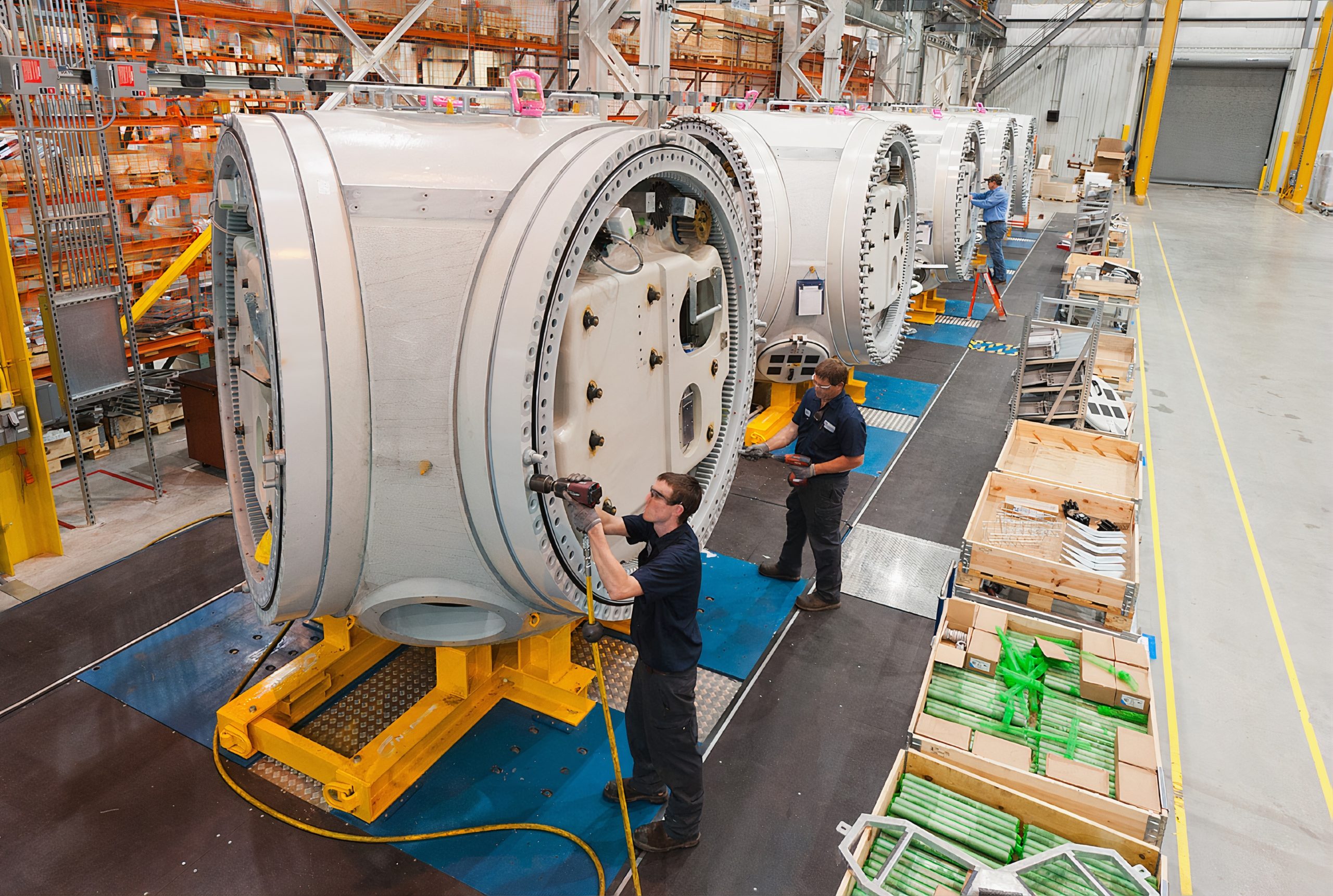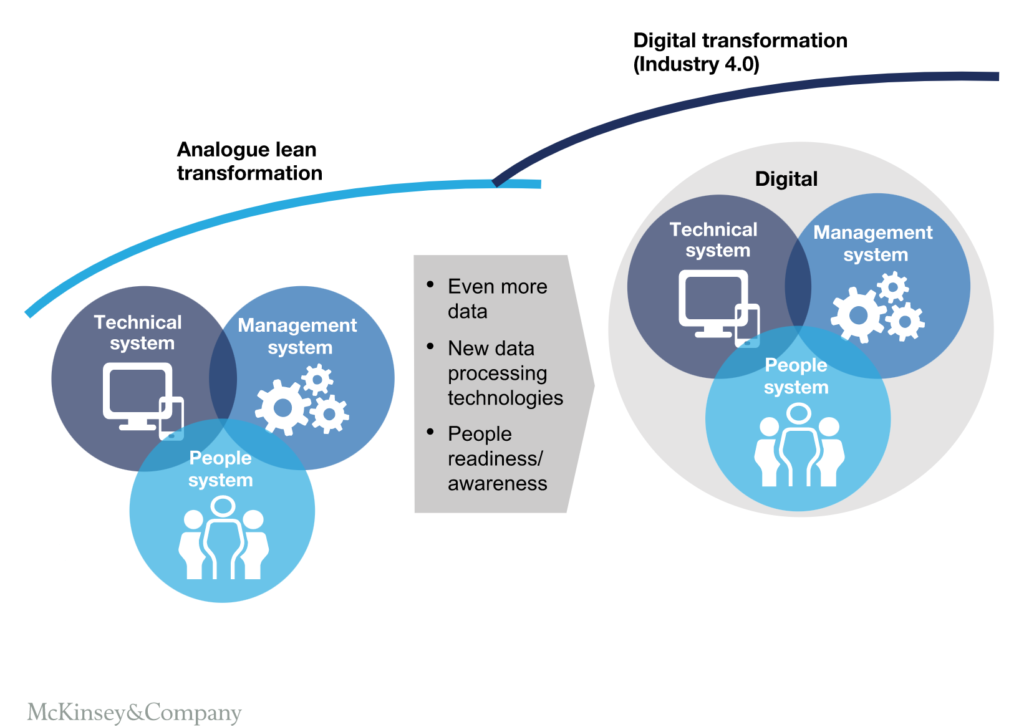The Key to Productivity: Technology or Your People?
3 minutes, 0 seconds read

The manufacturing field today is experiencing rapid technological advancement. With new improvements and efficient optimizations like big-data analytics and augmented reality, technology seems to be the key to unlocking a new level of production performance.
However, in many cases, these new developments in technology aren’t delivering the hoped-for improvements in productivity and quality.
The problem isn’t the investment in the new technology, but rather a lack of investment in the workers that make the technology work.
Technology cannot achieve anything by itself. True value is a combination of the machinery and the person operating behind the controls.
Humans will always be important to the manufacturing process. Current estimates assert that although around 60% of manufacturing jobs could be automated in the future, the process of automation will take decades.
The human workforce will always be important, even as their jobs shift with new advancements in automation. People will still be needed to adapt, manage, and optimize these automated solutions.
Focus on Productivity
Senior leaders of manufacturing organizations need to begin asking different questions and shift the attitudes around technological investments in the future.
Rather than asking how to apply new technology, the fundamental question should be more like: “How can we achieve the productivity improvements our organization requires?”
Return on Optimization
Once an organization calculates its rate of improvement, it must then decide which combination of approaches it should use to obtain said improvements.
Calculating the ROI for lean-management approaches and solutions can provide organizations with valuable insight and what areas need improvements in productivity, like developing more effective team performance dialogues.
The Role of Technology
Although investing in workers should be your top priority, technology can still be used to increase productivity.
Some lean-management methods can be enhanced through the use of advanced technology, like electronic performance dashboards that track overall equipment effectiveness, or computer-aided problem-solving tools.
The success and productivity of this new technology will depend on the ability of the organization’s people to operate it and make data-driven decisions.
The Workforce of the Future
As the future becomes increasingly digitized, new skills will become essential, requiring further investment in your employees.
Frontline workers will need to become familiar with the traditional lean-management toolbox. This includes learning skills such as waste identification and root-cause problem solving, as well as complex new tools like robotic systems or advanced analytics.
Workers in the plant will be required to work with these new technologies, and to bring to them the benefit of their domain expertise. Rising productivity will lead to a smaller workforce, so employees will have a greater influence on performance and efficiency. This increases the incentive to develop new skills, mindsets, and capabilities.
Even amidst rapid technological development, employees will remain imperative to improving productivity in most industries for the future.
4 Steps to Improving Productivity:
- Identify and define the rate of performance increase for your industry.
- Conduct a thorough assessment of all changes needed to achieve this productivity level.
- Identify areas of opportunities for new technology or tools.
- Conduct a pilot.
Every company’s ability to achieve productivity improvements will depend on how it builds the abilities and attitudes of its people.
Workers will be the key to peak performance and efficiency for the rest of the foreseeable future. Rever’s digital frontline activity platform helps you not only capture issues, but to fix them at scale. Improve your productivity by investing in your workers. Get started now.
Like this content? Sign up for our Newsletter
[hubspot type=form portal=561211 id=fda6d445-739e-4072-8dae-68b94971a266]THE FRONTLINE DOJO
More Articles
How to develop the next billion Knowledge Workers
3 minutes, 51 seconds read
Digital transformation in manufacturing is not what you think it is
10 minutes, 36 seconds read
The human side of change management: lessons learned from Toyota, Airbus, and Silicon Valley
1 minute, 28 seconds read
The true meaning of Genchi Genbutsu
3 minutes, 5 seconds read
